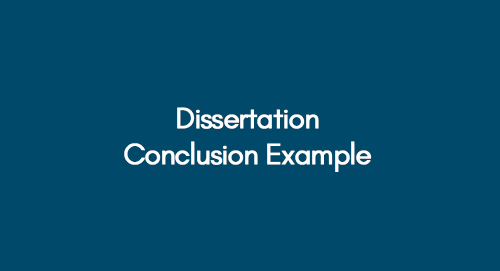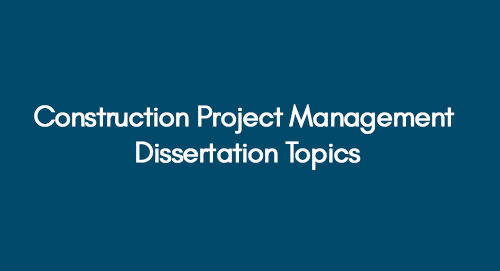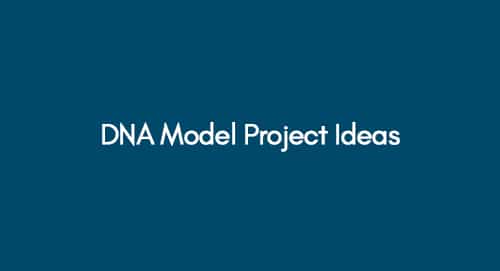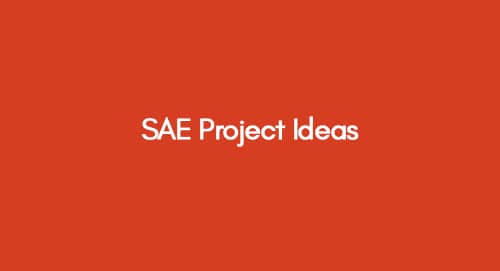What is the difference between methodology and method in a dissertation?
November 22, 2022
How to Write a Dissertation Conclusion? | Tips & Examples
November 22, 2022Construction Project Management involves overseeing the entire construction project from start to finish. While analysing the rising demand for management in construction or civil works, the importance of construction project management goes without saying. For the students of construction engineering, the selection of appealing and fascinating construction project management dissertation topics is highly essential.
Review Quality Project Management Dissertation Examples
Premier Dissertations has produced a list of new dissertation topics in Construction Project Management for 2024.
If you would like to choose any topic from the list below, simply drop us a WhatsApp or an Email.
You may also like to review;
Project Management Dissertation Topics | Construction Engineering Dissertation Topics
List of Latest Construction Project Management Research Topics 2024
Best Thesis Topics in Construction Project Management 2024
Top Quality Research Topics in Construction Project Management 2024
Construction Project Management Project Titles
How to Write a Good Construction Project Management Dissertation Topic?
Creating the best thesis topics for construction management involves strategic thinking. Start by identifying a niche within project management, such as risk assessment, stakeholder communication, or sustainable construction practices. Formulate a concise and clear title that encapsulates your specific area of interest, ensuring your research aim aligns with addressing pertinent challenges or advancements in the field of construction project management.
Review Our Full List of Latest Research Topics
For more construction project management thesis topics, please keep checking our website as we keep adding new topics to our existing list of titles.
GOOD LUCK!
Get 3+ Free Dissertation Topics within 24 hours?













